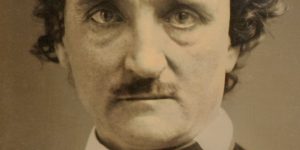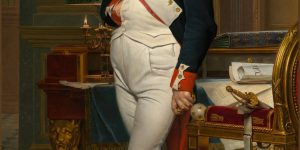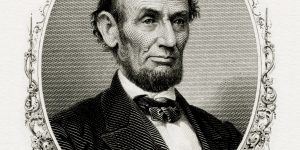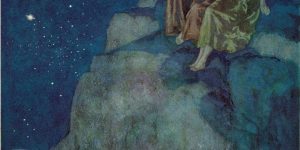The Forest Reverie Poem by Edgar Allan Poe
‘Tis said that when
The hands of men
Tamed this primeval wood,
And hoary trees with groans of wo,
Like warriors by an unknown foe,
Were in their strength subdued,
The virgin Earth
Gave instant birth
To springs that ne’er did flow—
That in the sun
Did rivulets run,
And all around rare flowers did blow—
The wild rose pale
Perfumed the gale,
And the queenly lily adown the dale
(Whom the sun and the dew
And the winds did woo),
With the gourd and the grape luxuriant grew.
So when in tears
The love of years
Is wasted like the snow,
And the fine fibrils of its life
By the rude wrong of instant strife
Are broken at a blow—
Within the heart
Do springs upstart
Of which it doth now know,
And strange, sweet dreams,
Like silent streams
That from new fountains overflow,
With the earlier tide
Of rivers glide
Deep in the heart whose hope has died—
Quenching the fires its ashes hide,—
Its ashes, whence will spring and grow
Sweet flowers, ere long,—
The rare and radiant flowers of song!
Note on To Isadore etc. from Edgar Allan Poe’s Complete Poetical Works by John H. Ingram
Whilst Edgar Poe was editor of the Broadway Journal, some lines “To Isadore” appeared therein, and, like several of his known pieces, bore no signature.
They were at once ascribed to Poe, and in order to satisfy questioners, an editorial paragraph subsequently appeared, saying they were by “A. Ide, junior.”
Two previous poems had appeared in the Broadway Journal over the signature of “A. M. Ide,” and whoever wrote them was also the author of the lines “To Isadore.” In order, doubtless, to give a show of variety, Poe was then publishing some of his known works in his journal over noms de plume, and as no other writings whatever can be traced to any person bearing the name of “A. M. Ide,” it is not impossible that the poems now republished in this collection may be by the author of “The Raven.”
Having been published without his usual elaborate revision, Poe may have wished to hide his hasty work under an assumed name.
The three pieces (To Isadore Poem, The Village Street Poem, and The Forest Reverie Poem) are included in the present collection, so the reader can judge for himself what pretensions they possess to be by the author of “The Raven.”





